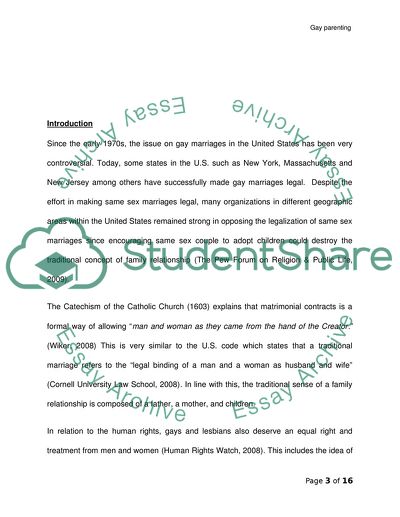Cite this document
(“Not Found (#404) - StudentShare”, n.d.)
Not Found (#404) - StudentShare. Retrieved from https://studentshare.org/gender-sexual-studies/1727593-gay-parenting
Not Found (#404) - StudentShare. Retrieved from https://studentshare.org/gender-sexual-studies/1727593-gay-parenting
(Not Found (#404) - StudentShare)
Not Found (#404) - StudentShare. https://studentshare.org/gender-sexual-studies/1727593-gay-parenting.
Not Found (#404) - StudentShare. https://studentshare.org/gender-sexual-studies/1727593-gay-parenting.
“Not Found (#404) - StudentShare”, n.d. https://studentshare.org/gender-sexual-studies/1727593-gay-parenting.


